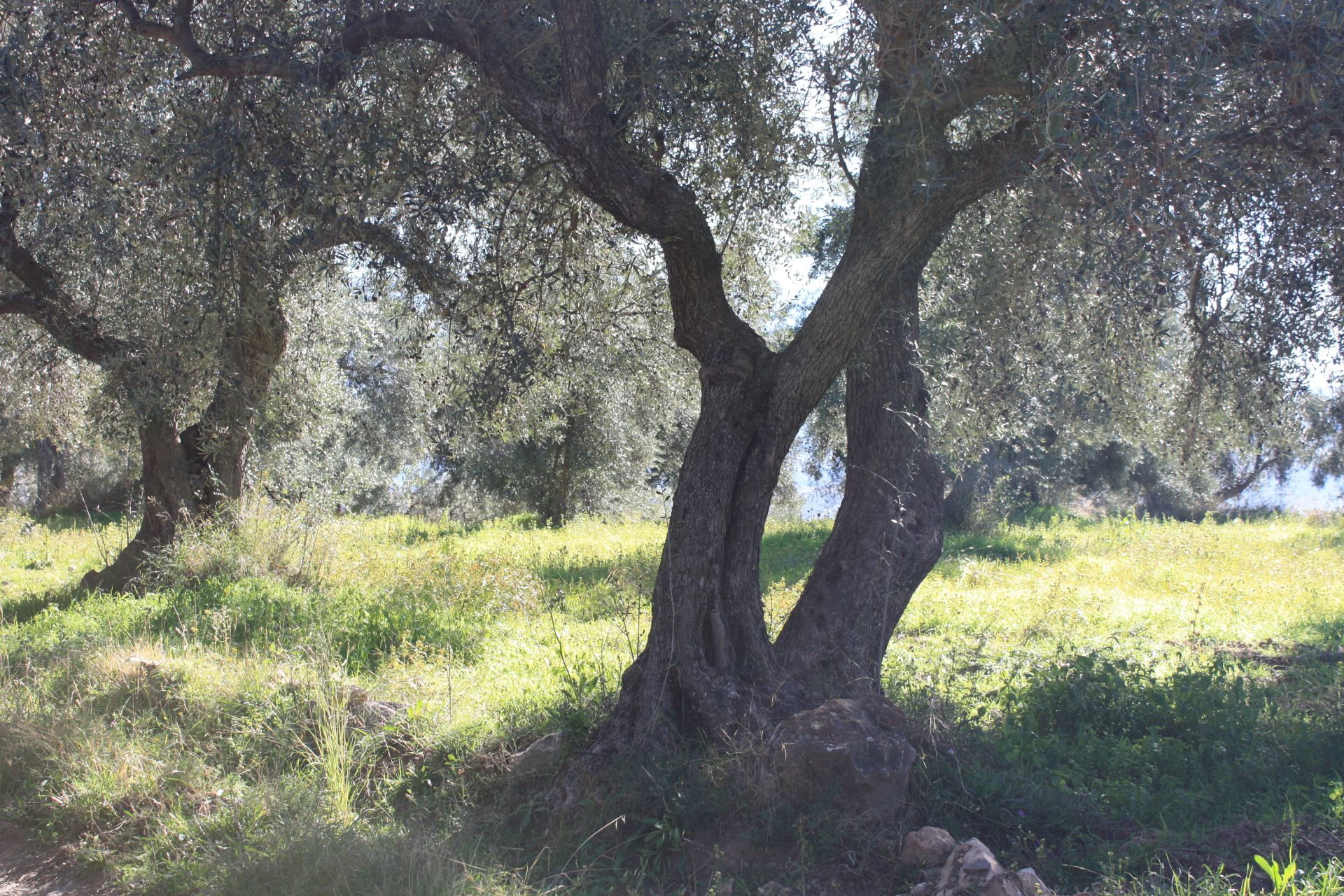I was taking a chainsaw to bits the other day, and as you do, reflecting lightly on theories of ethnolinguistics and general principles of linguistic relativity. Funny ways foreign people have of saying stuff, in other words.

And the path that set me to wondering about this was led by a bit of putrescent rabbit left smattered in a nearby tree, for this meant to my trained eye two things: one, that the rabbit in question was probably not very well, and two, that the Booted Eagle is back. For the latter, despite his boots, feels the cold, poor chap, and is a migratory fellow who spends his winters some place warmer.
Thus some deep migratory instinct has brought him home to Spain, and the people here have a wonderful word to describe this sense of home-ness which is almost impossible to render into English, and that word is Querencia.
Amongst other things it's a term used in bull –fighting to describe the often invisible spot in the arena to which the panicking bull will always strive to return. As such it's a haven, a place of refuge. But to the mystical, poetical mind of the Spaniard it's so much more than that; it's a special place, a mysterious, impenetrable, enigmatic spot where one can feel true unto oneself, a place to draw strength, a place to feel empowered. If you want it's an anchorage for the spirit, a safe -house for the soul.

We all have one, I guess, though we might lack the terminology to describe it. There's a nook on the path not a mile from my house that somehow just does it for me. There are flowers, the air is scented with rosemary and thyme, a brook tinkles. It's not especially lovely, no lovelier that is than elsewhere hereabouts, nor ethereal in any meaningful way, it just feels right, and in my mind I can go there when I need to. And I am spoiled, for I have several querencias.
In fact a querencia might not even be a place; it can equally be a person, or a thing you feel on a very deep level that you just need to do, really need to do.
There are days sometimes when I feel just need to be scudding over the waves on a windsurf board, and if I don't get the chance to indulge this I feel, I feel……well, funnily enough, there's another untranslatable term for how you might feel: Saudade.
This word and our inability to completely understand it is an example of what fancy linguists describe as the Sapir- Whorf hypothesis, which in brief suggests that different peoples somehow conceptualise the world in such different ways that they require a distinct lexicon to describe it. Saudade is a case in point, to the extent that you can't just translate it into English, but have to convey the meaning sluggishly through illustration and example.
At heart it is a yearning for something which you know you cannot have, something just beyond reach, though sublimely tempting. Or someone. It's been described as the love that remains for someone after that person is no longer around. It's deeper than sadness, keener than regret. It's a strange nostalgia for the future, a missing, a longing, an absence, a desire, an ache which you might even enjoy. Imagine when Juliet met Tantalus. Picture the sailors of old who would climb to the top of Porto's Clerigos Tower on the eve of a journey and would excitedly look forward to the perils of a voyage to the end of the world from which they might never return, and at the same time weep for the sweethearts and families who they would shortly be abandoning. The tower might well be their querencia, and the further away they would find themselves, the greater the saudade they suffer. Or savour.

Complicated, huh?
The English “I miss you” is a fairly potent message, but somehow doesn't quite cut it in the way that the lament of tenho saudades tuas does.
Not even “I miss you. A lot.” I think we just have to face it: the anglo-saxon world is just that bit less whimsical, a bit less romantic , a bit less effete, perhaps. A Scandanavian friend once told me of a norse concept that contrasts sweetly with the dreamy, quixotic aspect of the languages of Southern Europe, and that is the notion of bier-fier: the anxiety and distress the Viking felt when he realised that the booze was running out.
I think that sums up the north/south divide quite nicely.





